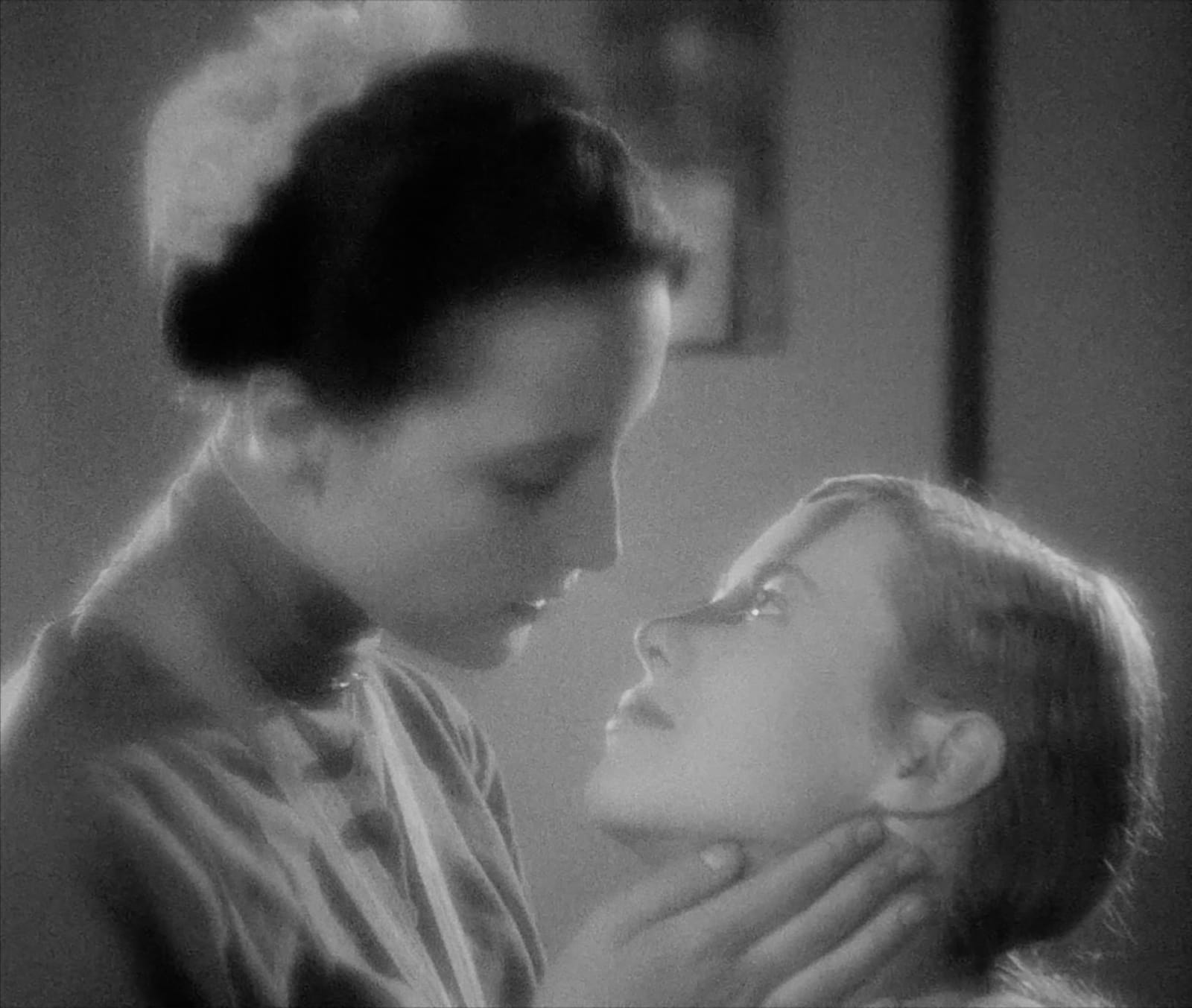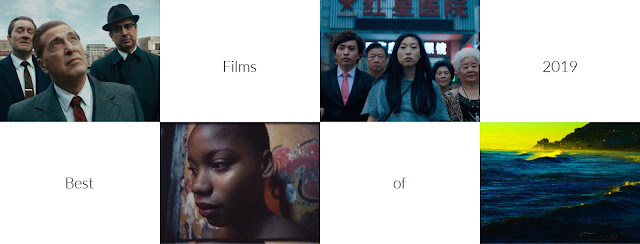30 Days of Queer Cinema - Day 28 | Mädchen in Uniform
"What you call sin, I call the great spirit of love, which takes a thousand forms." - Fräuline van Bernburg, Mädchen in Uniform.
One of the earliest narrative films to center around queer characters, Leontine Sagan's Mädchen in Uniform is even more poignant today with its place in history fully in view. The film takes place in an all-girls boarding school, where the lack of boys leads the girls to have crushes on each other, especially on popular teacher, Fräuline van Bernburg (Dorothea Wieck), who forms a special bond with the new girl, Manuela (Herta Thiele), whose mother recently passed away. All the girls are in love with Fräuline van Bernburg, but Manuela forms a special bond with her in a way that threatens to pull the entire school apart, raising the jealousy of her fellow students and the ire of the imperious headmistress.Looking back on the film now, it's easy to see it as something of an allegory for the dangers of the coming Nazi regime, which prized strict order and discipline at the cost of the sexual liberation that marked the waning Weimer Republic. Hitler would become chancellor of Germany two years after the film was released, and would attempt to have all copies burned. It survived thanks to international distribution, but many of its actors and crew were not so lucky. Many were Jewish, and would go on to be murdered in concentration camps during the Holocaust. It was nearly banned in the United States too, but was championed by the likes of Eleanor Roosevelt, and received a small release.
Mädchen in Uniform has become something of a queer cult classic in the 90s years since. It's a spirited, lovely film. And despite its somewhat problematic central relationship, Sagan walks a delicate line between examining a teenager's sexual awakening and a teacher's desire to help her realize who she is without crossing any boundaries. The film never exploits the clearly erotic undercurrents of its all girls school environment, and treats each character as complex human being worthy of love of and the chance to grow, knowing full well that that is an unlikely scenario in the coming fascist storm. It's a film set on a precipice of disaster that is at once a requiem for what was, and a warning for what was to come. And it's as timely and as urgent as ever.





Comments